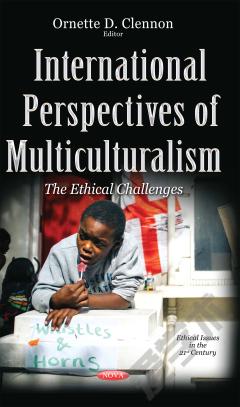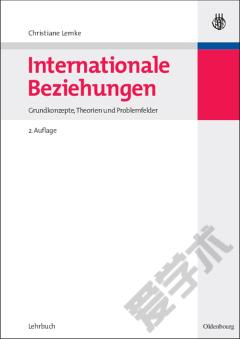Ethnicity: Theories, International Perspectives and Challenges
Increasing globalization and technology has made the modern world more interconnected and interdependent than ever before in human history. These shared connections and dependencies have naturally led to increasing internal and international migration in recent times. As a result, many countries today are ethnically and culturally diverse. This new world order of ethnic and cultural diversity has rewards including the enhancement of the well-being of both migrants and the host populations. Immigration is essential for some societies to make up for the falling population growth and skill shortages while at the same time playing a crucial role in émigrés supporting their home communities for social and economic developments through remittances. Migration also poses several challenges for both migrants and the host populations. Among many challenges facing migrants include issues of integration, identity, language difficulties, acceptability or discrimination, and access to social and health care services. For the host populations, the complex nature of modern migration flows with varied groups poses extra challenges in meeting the needs and addressing the well-being of all subgroups in the population. This book addresses some of the important processes associated with migration and their relation to health outcomes from an international perspective.
{{comment.content}}








 京公网安备 11010802027623号
京公网安备 11010802027623号